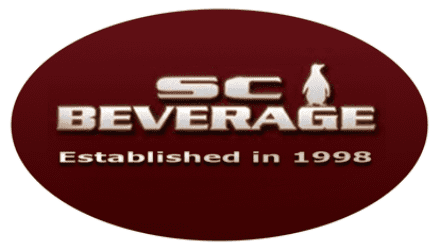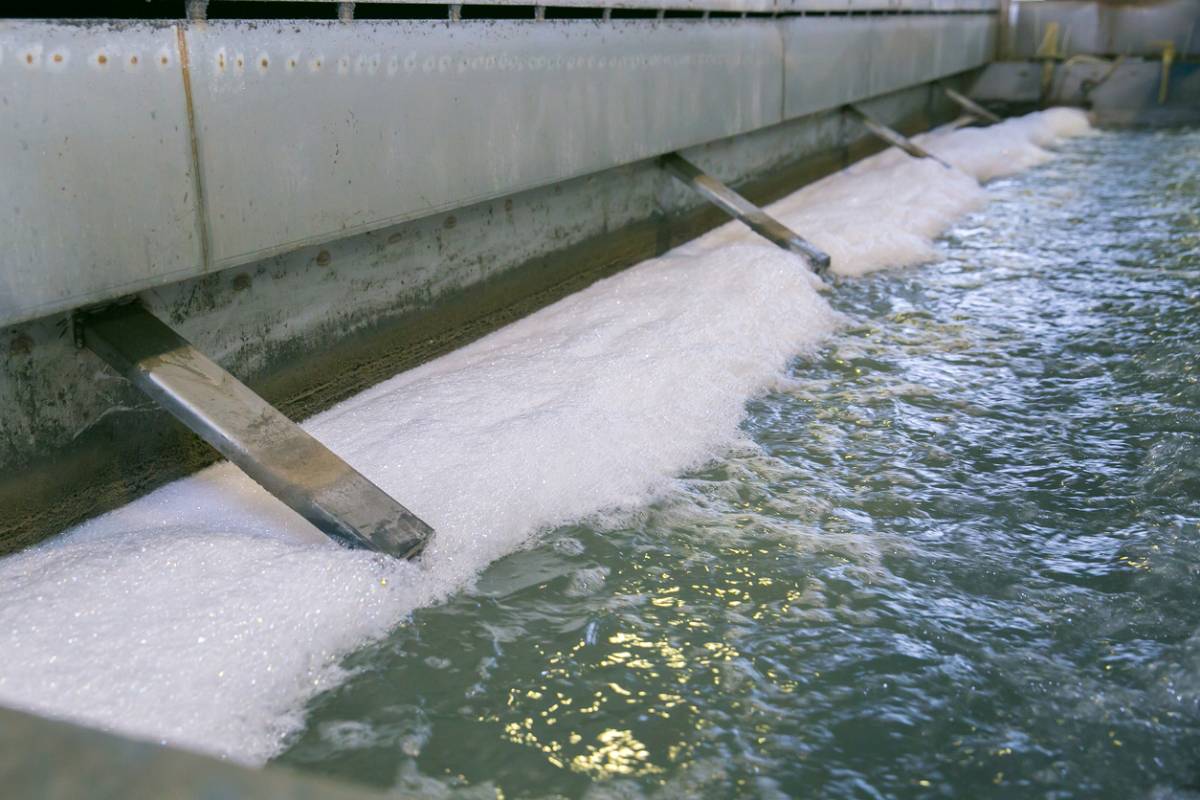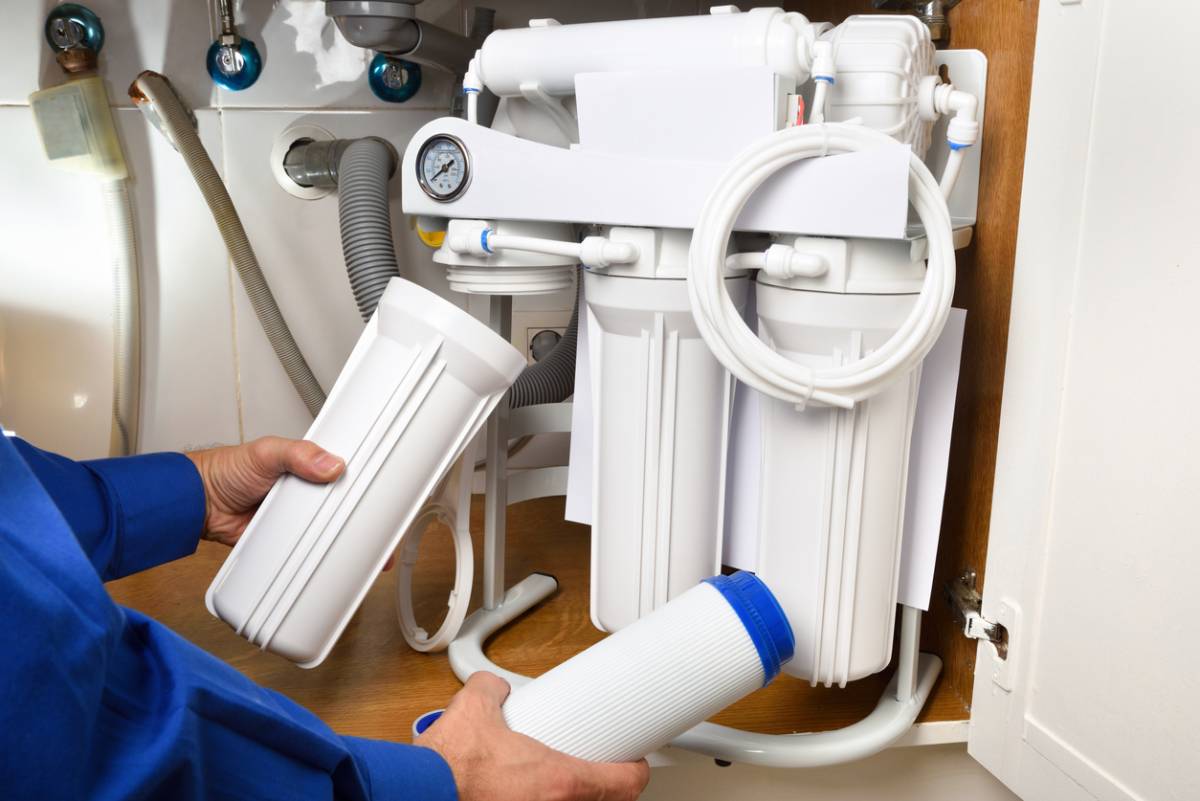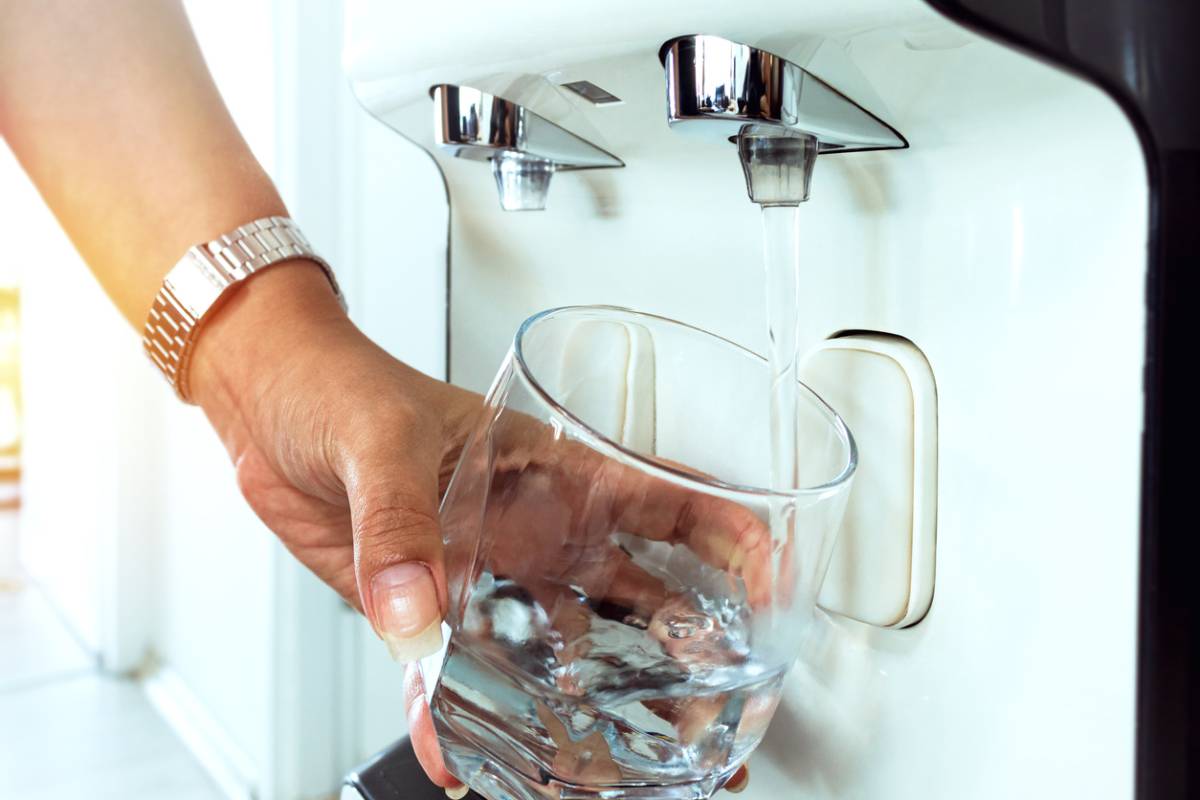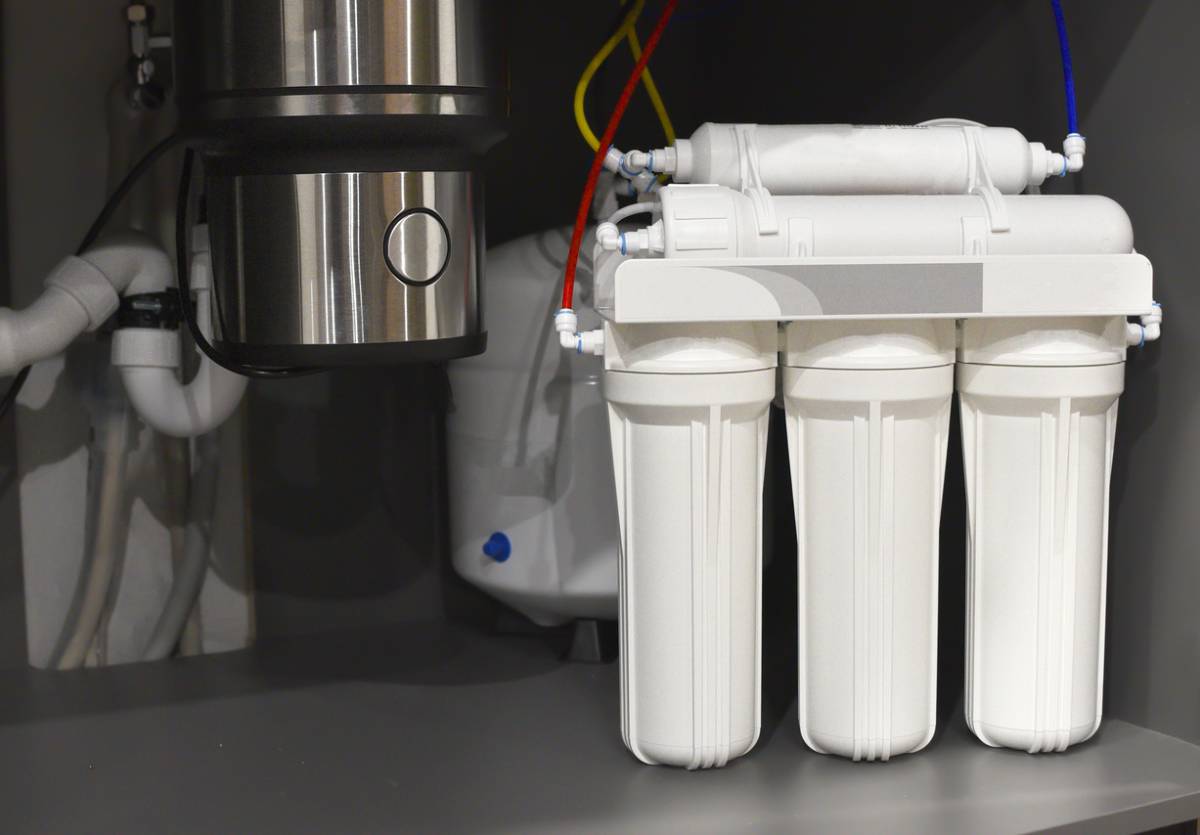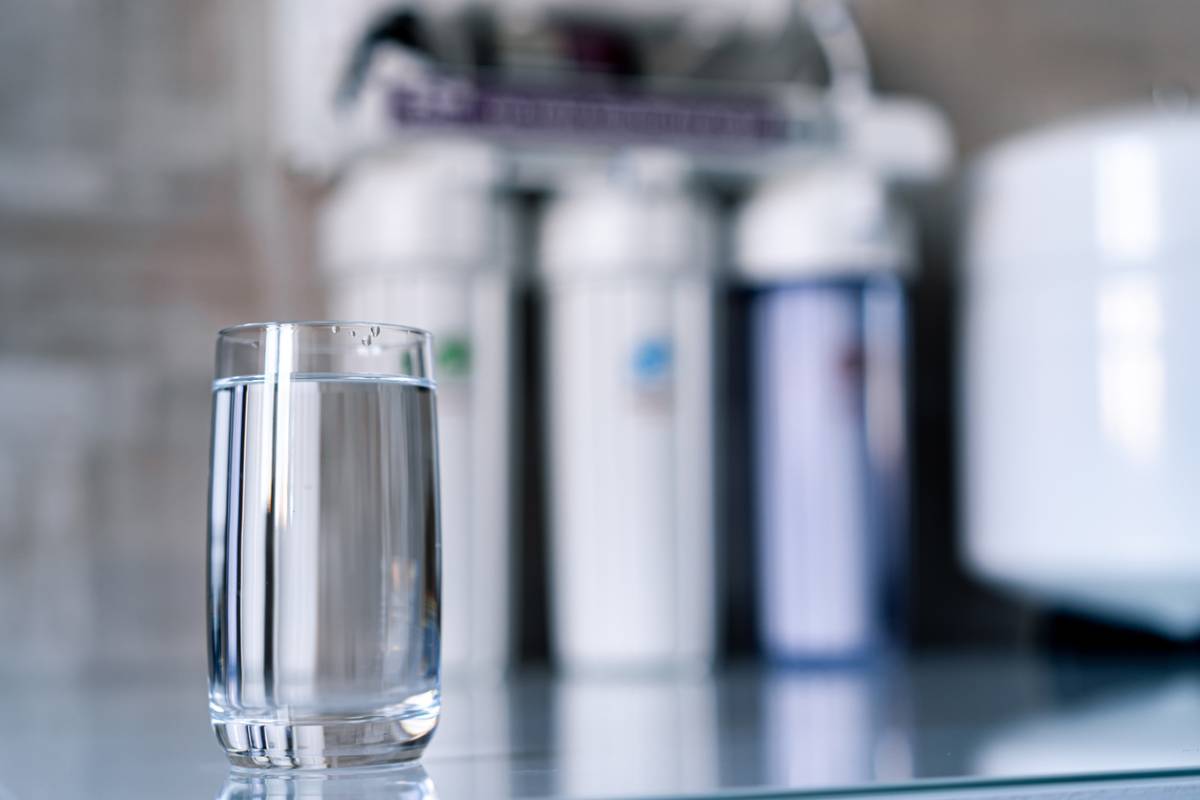Water filtration systems require regular maintenance to ensure they are working properly. This is necessary to ensure the health and safety of your customers and prolong the lifespan of your system. No matter what the reason for the shutdown, it’s critical to sanitize your water filtration system. This includes flushing, sanitizing, and cleaning it. This is true no matter what kind of system you have. Below you will find how to sanitize your water filtration system after a shutdown.
How to Sanitize Your Water Filtration System After a Shutdown
While there are small variations in the process depending on the duration of the shutdown, the overall steps are the same. Additionally, it’s better to do additional steps to ensure your filtration system is clean, sanitized, and in good working condition. Consider the following steps after a shutdown.
Get Acclimated:
Before you begin the process, be sure you understand the various components of the water filtration system. This is key to ensuring you don’t miss anything during the sanitization process. Isolate the filtration system from the main water supply. Additionally, check where the various parts of the system are, including the filter units, pipes, valves, and tanks. Be sure to have the manufacturer’s manual next to you at all times for reference. Each manufacturer is different, so you’ll need to educate yourself before you get started.
Remove Filters:
After a period of not using your water filtration system, remove and replace all of your filters. New and clean filters can do wonders for the system, and this should be done regularly. It can also reduce your risk of having issues later on. Properly dispose of the old filters, as they will not be used again.
Drain the System:
Remove any remaining water in the system by draining it completely. Stagnant water can harbor harmful bacteria and pathogens that can make people really sick. This is a critical step to take before you begin the sanitation process.
Remove Grime:
Visible debris and grime can come in a number of different forms, including sediment and biofilm. Remove anything that is visibly dirty from the filtration system. Use a mild soap or cleaning solution that is approved for industrial water filtration systems. Rinse thoroughly after using a cleaning solution to get rid of any leftover residue.
Deep Clean:
After removing the visible grim, it’s time to remove everything else. Water filtration systems harbor a lot of invisible grime and bacteria. Use a manufacturer-approved sanitizing solution for the best results. Each beverage equipment supplier is different, so it’s important to find a solution that is compatible with your system. Allow to set for the recommended amount of time to ensure all the contaminants are gone.
Rinse and Reconnect:
Flush your entire system with clean water after you have done a deep clean. There may be residuals, so be sure and test the system to ensure the levels are not too high. Removing the residuals is necessary to protect consumers and reduce your liability. Once the system has been fully flushed, reconnect everything. You should be good to go with a fully cleaned and sanitized water filtration system.
Establish a System:
Once you have finished the sanitization process, create a routine maintenance schedule for your water filtration system. This is necessary to ensure that your system stays in good working condition. Regular maintenance can improve the lifespan of your system, which can save you time and money. It can also ensure that people who consume beverages for your establishment do not get sick. Your company’s reputation and credibility are everything, so be sure to establish a routine maintenance plan and stick to it!
